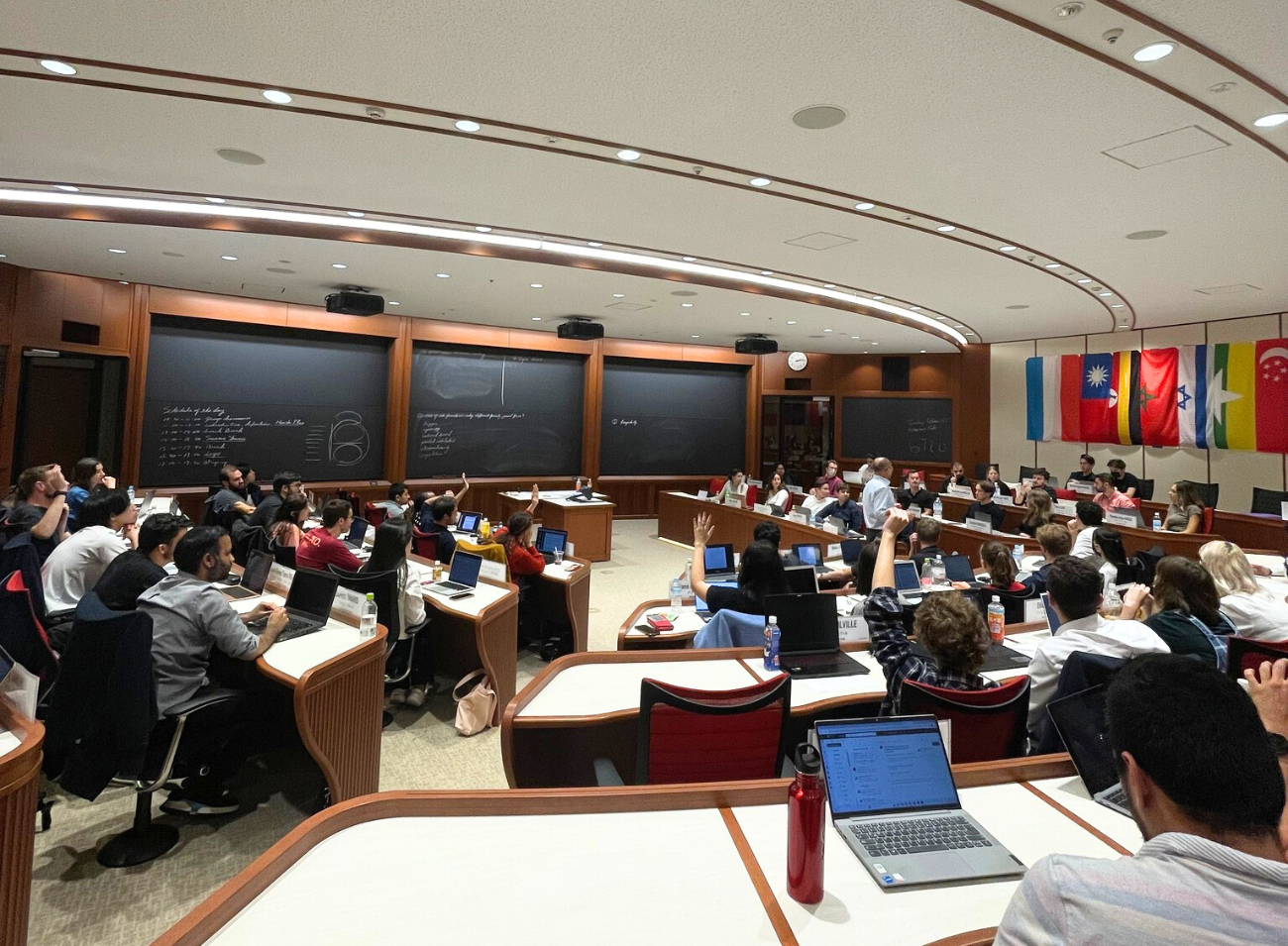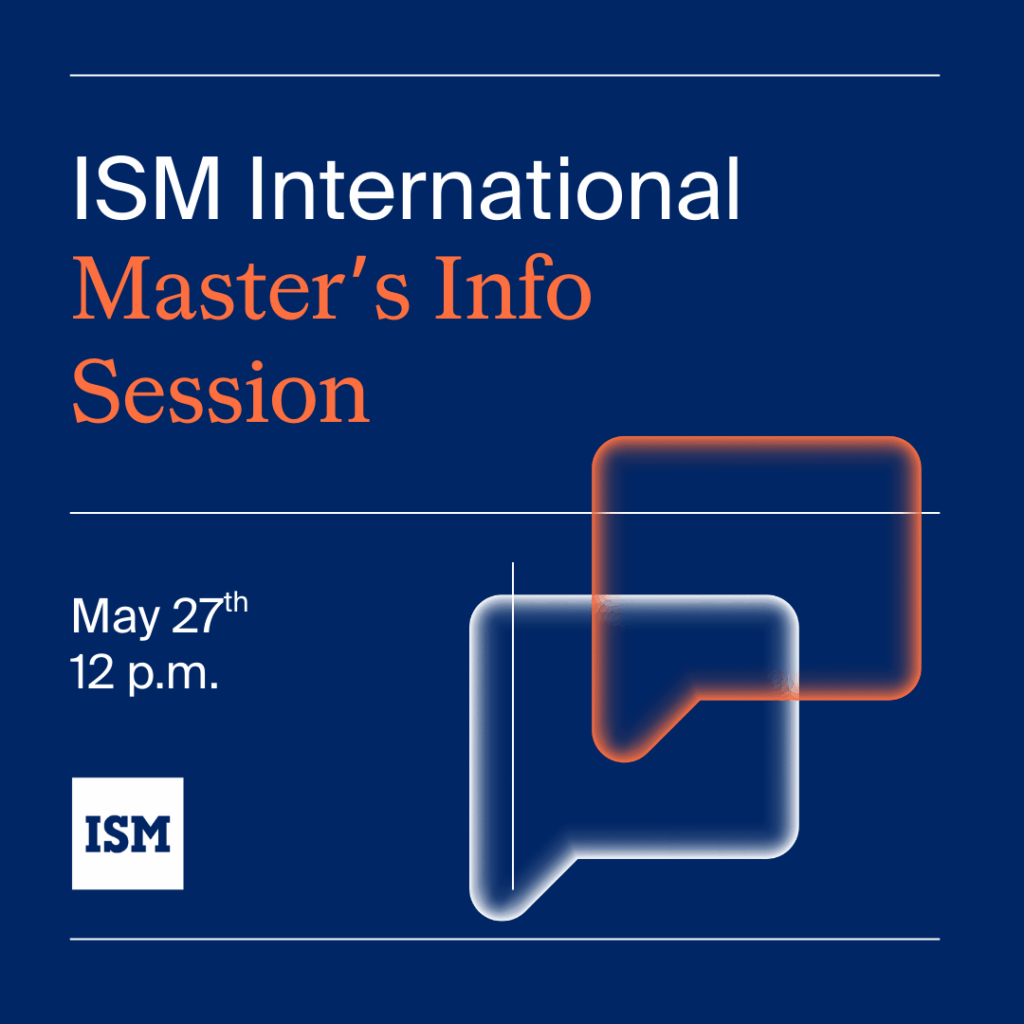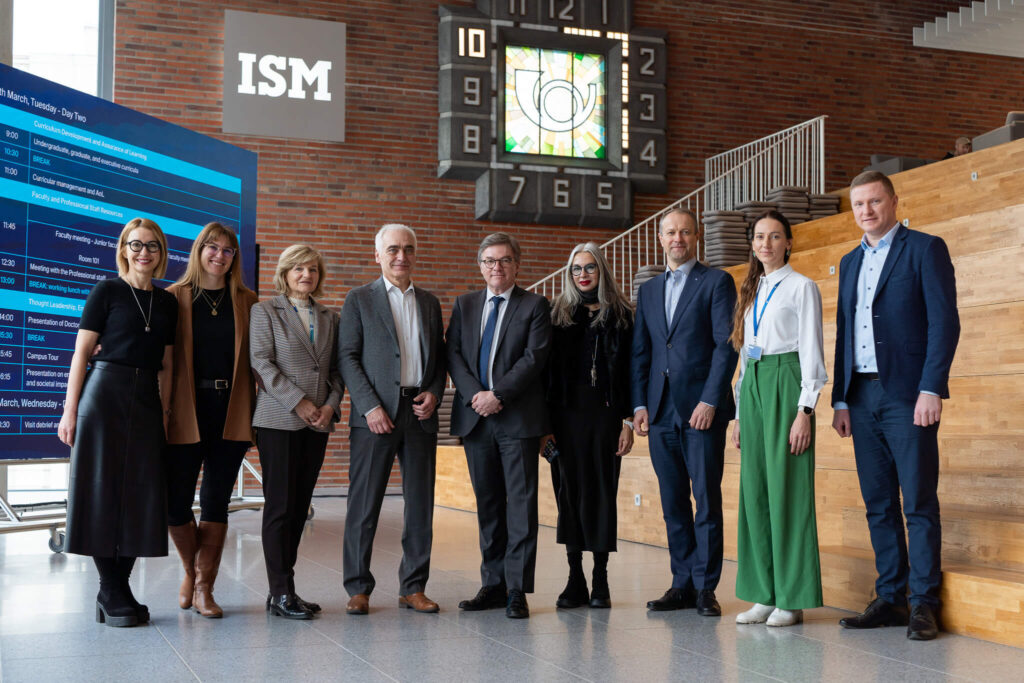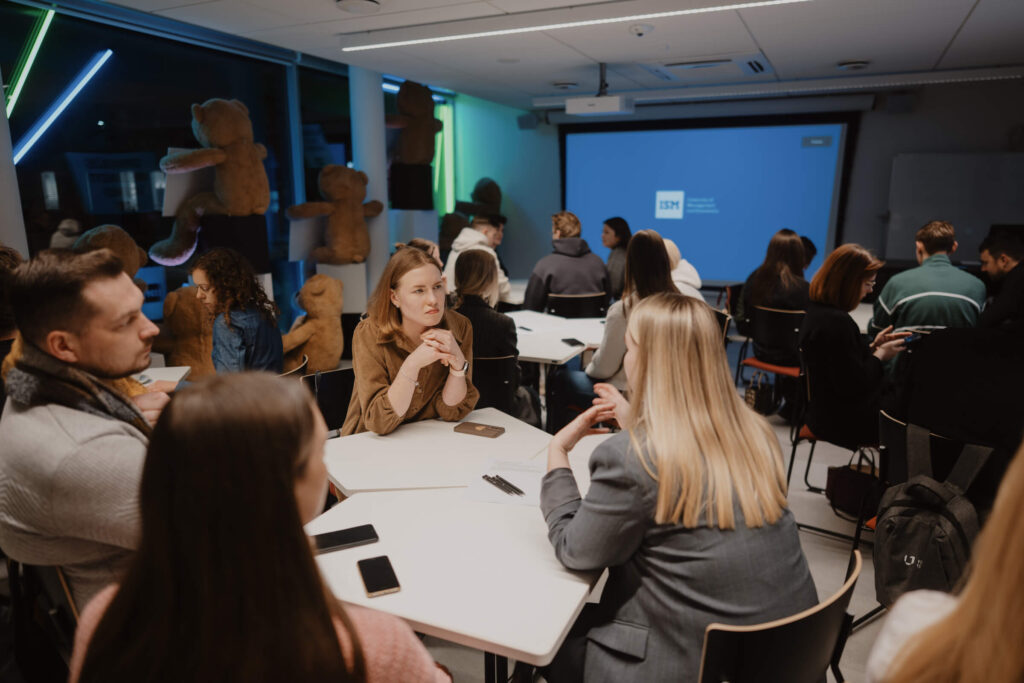Global Leadership and Strategy
Start your executive career faster! In this programme you will gain the experience, knowledge and skills necessary to become a strong executive.
Sign up for a consultation
A brief overview of the study program
Programme benefits
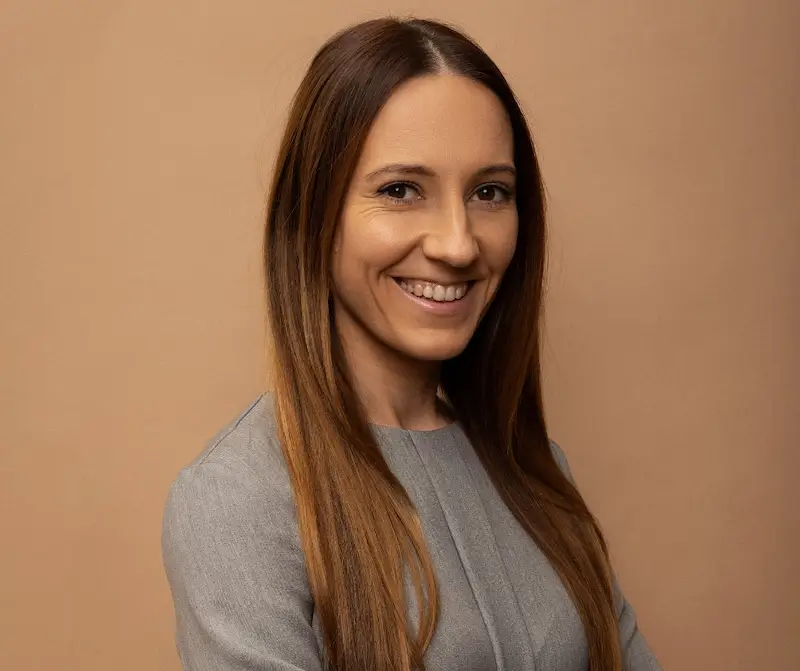





Program structure
What will I learn?
What will I learn?
What will I learn?
Courses
In what areas will I gain expertise after completing this program?
You will gain team leadership skills applicable to any industry
You will develop your personal leadership
You will be able to implement global strategies and organizational transformations
You will gain knowledge of strategic finance and global project management

Studies at ISM – accessible to everyone
Price
Financing opportunities
Opportunities to study abroad

Study tour to Israel, the Startup Capital
You will get to know the world’s most famous companies, large corporations and startupsVisit Israel, otherwise known as the Startup Capital of the World! It is a leading country that nurtures an extremely dynamic startup ecosystem rich in innovation, technology, education and business synergies.
During the study tour:
- You will learn about the business environment in Israel, meet the top-notch professionals in their field, leaders and startup founders, from whom you will gain exceptional leadership experience, and develop entrepreneurial skills;
- You will take part in various workshops, events, and company visits, where you will network with managers or representatives of various organisations;
- You will visit world-know organisations, startups, or accelerators as Microsoft, Google, Wix.com, Monday.com, Mindcet EdTech Innovation Center, TechStars Accelerator and venture capital funds, etc.;
- You will get to know how organisations operate at different business life cycles and discover the fascinating Israeli startup ecosystem.
When it will take place? During the first year of studies, in the autumn semester.
Duration? 6 days
Who can participate? All students from the Global Leadership and Strategy programme. This subject is offered as an elective subject in the programme.
The scope of the subject – 6 ECTS
Part of the study program – an individual project work that would synthezise and apply the knowledge acquired during the study tour.
Cost – 2400 EUR (the price includes: transport in Israel, hotel, meals, day excursion to Jerusalem, fees for speakers, companies you will visit during the tour).
Important! Organizations and institutions visited are subject to change. The cost of the study tour is subject to change. The study tour will take place in group of at least 15 students.

Double degree with KEDGE Business School
Study in France, in one of the world’s 1 percent of Triple Crown-accredited universities (AMBA, EQUIS, AACSB).How does this work? Selection to KEDGE Business School takes place in the third semester. After passing the selection, students have the opportunity to study at KEDGE Business School in France.
How much does it cost? No additional costs apply
How long does it take? 4 semesters
Is there an accommodation service? KEDGE Business School helps you find accommodation.
How will I benefit from this program? You will receive diplomas from two high schools almost at the same time. You will form an international circle of acquaintances. While studying abroad, you will broaden your horizons and be able to feel comfortable and work efficiently in a multicultural environment.
News and events
Considering studies at ISM?



